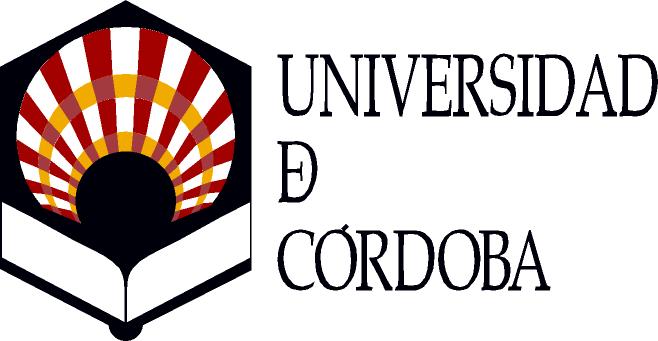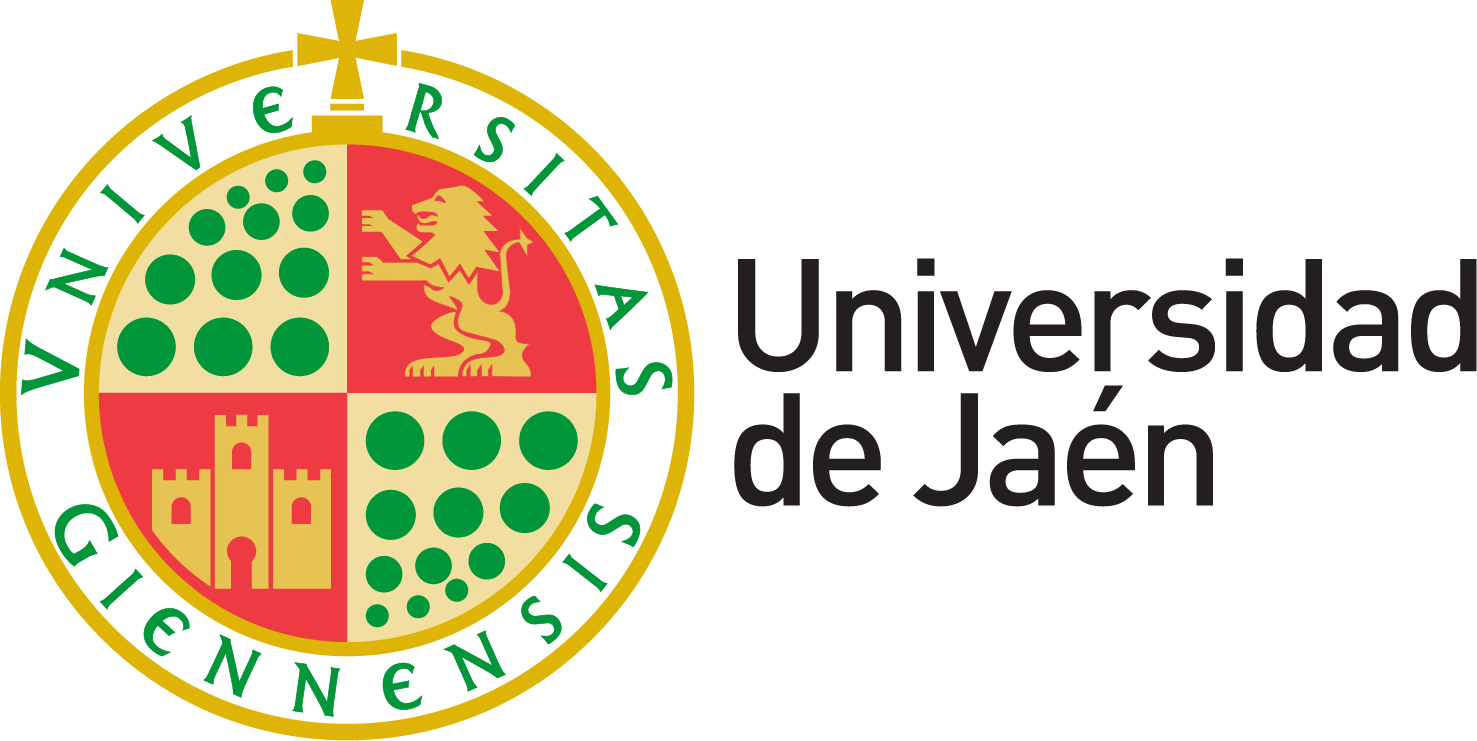The IISTA has several research groups
Research groups

Earth Ecology Laboratory.
The Laboratory of Earth Ecology (iEcolab) is a multidisciplinary team created in 2007 at the IISTA in order to value scientific-technological knowledge and facilitate its transfer in the field of conservation and environmental management.
The iEcolab is born with a clearly vocation defined in its motto “Knowing to Manage”, each one of this terms alludes to different work areas of the laboratory. “Knowing” includes monitoring, analysis, evaluation and simulation of the effects of Global Change on natural systems. “To” represents the most instrumental branch, and refers to the design and development of monitoring tools, Information Systems, outreach tools, etc.

The environmental fluids Dynamics Group was founded in 1998 when Professor Miguel A. Losada, Director of the Group Oceanográfica and coasts of the University of Cantabria was moved to the University of Granada to begin his career in the study and research of marine engineering and coasts in Andalusia.
This group develops its work on the dynamics of the atmosphere, oceans and rivers and reservoirs, and their respective morphologies. Emphasizes the international character of their works and the Interuniversity and interdisciplinary character of his research, working in close collaboration with the research group Fluvial dynamics and hydrology at the University of Córdoba, with the Instituto de Ciencias Marinas of Andalusia of the Council Superior of scientific research and with the Group of physical oceanography at the University of Malaga.

The Fluvial dynamics and Hydrology Group is a group of multidisciplinary research and innovative comprising 17 researchers from the Interuniversity Institute of research of the Earth system in Andalusia (UCO-UGR). Included in the Andalusian of agents of knowledge system, the group carries out the study on the integrated management of watersheds and coastal areas in its different facets. Currently, develops three main lines of research:
• Hydrological processes in Mediterranean basins
• Processes of transport and mixing in surface water
• Analysis of uncertainty in hydrologic and environmental processes
Since its inception, the Group has more than 95 scientific papers, 37 of them indexed (21 are articles in journals of first quartile), and over 150 articles published in national and international prestigious conferences. His research result is WiMMed (Watershed Integrated Management in Mediterranean environment), free software of distributed hydrological modeling and physical basis, applied to the Mediterranean basin, which includes the simulation of flows of water, sediments and associated substances.
With a significant profile in transfer (more than 20 competitive research projects and 19 contracts iDI in the public and private sectors; collaborator with 12 prestigious foreign groups that have received 20 stays prepostdoctorales) Group was awarded in 2011 to transfer in its 3rd Edition, awarded by the Social Council of the University of Cordoba.

Group of Physics of the atmosphere has the task of investigating the atmosphere and climate changes on Earth.
The observation of atmospheric aerosol in the surface boundary layer is of great importance, since in addition to working in the region with the highest presence of suspended particles, we focus on the region where they have the most immediate impact on human health and on the exposed materials of our historical heritage.
Furthermore, working in this region allows the use of in-situ observation techniques with which to determine everything from optical and microphysical properties of the aerosol to its chemical composition. For this reason, the laboratory has particle spectrometers, systems for measuring dispersion coefficients under different relative humidity conditions (tandem of TSI 3563 nephelometers with humidifier system) and light absorption (MAAP, aethalometer and PSAP) as well as systems for sampling the aerosol in filters for subsequent analysis in the laboratory. A polar nephelometer is currently being developed, which will make a decisive contribution to progress in the characterisation of aerosol optical properties of particular relevance in the inversion of aerosol microphysical properties by remote sensing.

Group of Assessment and Restoration of Agricultural and Forest Systems emerged in 2008 as part of the collaboration that members of this group had been making with other researchers from the University of Córdoba and other national and international centers. The work carried out has been directed to research on restoring forest ecosystems in Andalusia, the study of forest species in Mediterranean and tropical environment, from the point of view of forestry and restoration, as well as the response of forest ecosystems processes decay, tolerance and defense to biotic and abiotic stresses (climate change, drought). The specific objectives of the Group are:
- Education and training to students from different areas of knowledge and different levels of training on issues related to the restoration of agricultural and forestry systems.
- Research projects requiring specialized studies in restoration of agricultural and forestry systems.
- Development and publication of scientific, technical and descriptive information of the aspects related to the restoration of agricultural and forestry systems and their impacts on ecosystems restored.
- To reinforce coordination with other groups of national and international research.
- Consolidate a research on restoration of forest species in Andalusia, with experts in forestry, Ecophysiology, Molecular Biology, Climatology, Remote Sensing and GIS-ecosystems.

Group of Botany systematics and applied, the interrelationship between the aerobiology and other sciences determines that one of the main objectives is that the information obtained about the content of biological particles in the air have utility in a wide number of disciplines and fields of application.

The Fluid Mechanics Research Group of the University of Jaén and University of Granada is a young and very active team, formed by researchers with wide experience in different techniques in Fluid Mechanics, including theory, experiments and numerical simulations.
Our research topics are mainly focused on multiphase flow, such as bubble formation and rise or jet stability. We also work on stability and control of blunt body wakes, transition to turbulence in ducts and fire dynamics in large atria.

The Atmosphere and Solar Radiation Modelling Group participates in the working group 36 Solar Resource Knowledge Management of the International Energy Agency (IEA). The research activity of our group falls within the field of Meteorology and Energy, in particular, the research projects on which the group is currently working aim to:
1. Evaluate the renewable energy resources (solar and wind resources) in the south of the Iberian Peninsula, analysing their spatial and temporal complementarity.
2. To develop methodologies for the prediction of the solar resource on scales of hours to days.
3. To analyse the variability of solar and wind resources in the face of climate change.

The Ecology, Evolution and Conservation of Mediterranean Vegetation Group develops three main lines of research: (1) Biodiversity conservation and ecosystem services in agroecosystems and fragmented landscapes. This line investigates the loss of diversity (taxonomic, genetic, phylogenetic and functional) and ecosystem services and their causes in agricultural (olive groves) and natural systems in anthropised landscapes. (2) Dynamics of Mediterranean plant communities. This line investigates ecological mechanisms of coexistence of woody species in natural Mediterranean ecosystems. To this end, we combine real information on plant-plant interaction networks with mathematical models of vegetation dynamics, which allows us to assess the possible effects of global change processes on the maintenance of plant diversity in Mediterranean forests. (3) Evolutionary Ecology and Functional Genomics in plants. It studies three aspects. A) Adaptive significance of polyploidy in the Brachypodium distachyon complex and its importance in the evolution of functional traits of tolerance to drought and competition in a model plant for grasses and cereals. B) Ecogenomics of the olive tree and its functionality in pest control. C) Genetics of traits of ecological and agronomic interest (mating system, seed fat content and herbicide resistance) in Sinapis alba.



